Looking After Your Senior Dog: 5 Simple & Useful Tips
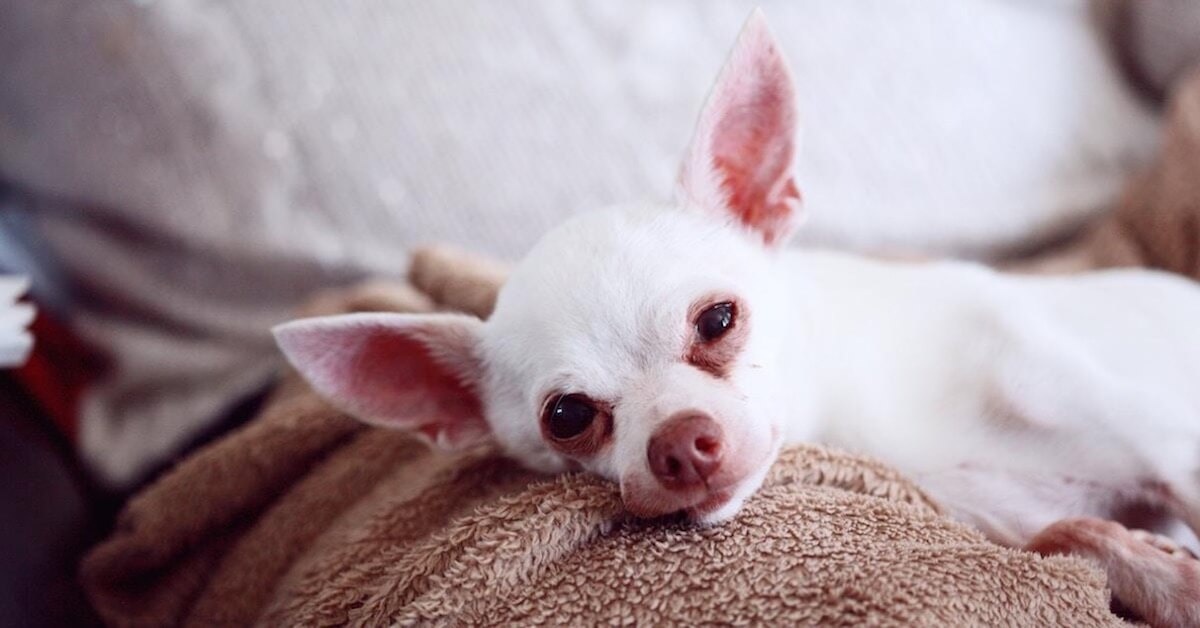
Always wishing that your pooch will remain as an adorable and healthy little pup? You’re not alone – many dog owners out there have the same, exact desire as you. However, time and tide wait for no man or dog, and our precious pup will eventually get on in years and start to have different care requirements than those of a younger dog.
If you spot signs of ageing in your dog, here are some tips on how you can take proper care of your elderly canine friend:
1. Exercise regularly
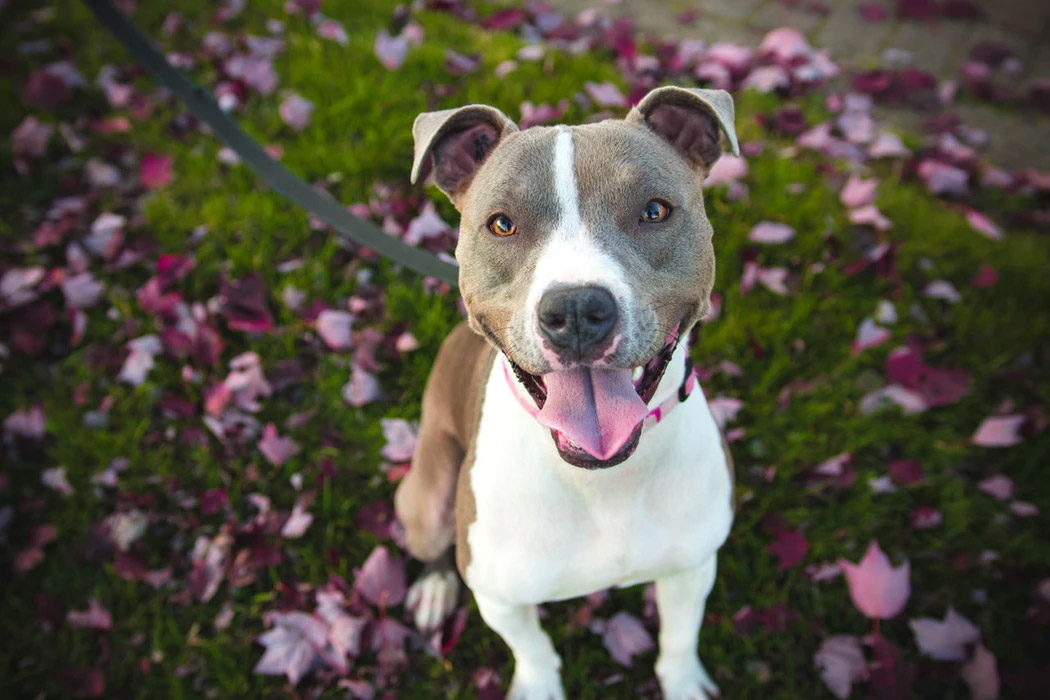
Remember, age is always just a number to doggos! Even if your dog might not be as active as they once were, they’ll still love to get out in the sun and play catch – albeit with more shade and breaks in between.
While it’s true that elderly dogs need to take it easier as compared to young pooches in their prime, it is also just as important for them to keep active as they approach old age. Moderate-levels of exercise such as regular walks around the neighbourhood help to not only boost their physical health and keep their joints flexible, but also help to keep them mentally stimulated and happy!
2. Adjust their diet
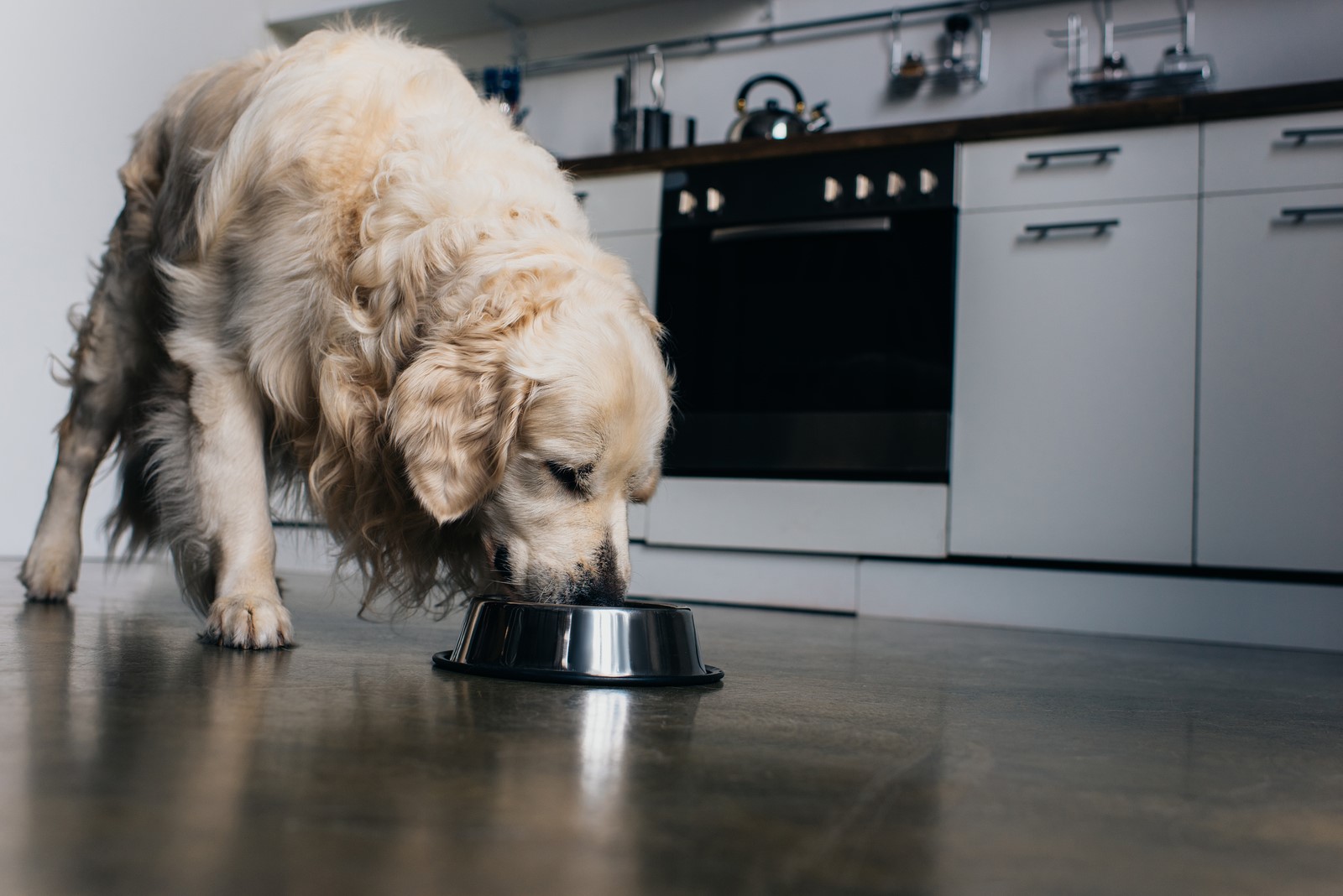
Dogs need different diets at different stages of their lives. Unlike feeding a puppy, simply filling your senior dog with all kinds of nutrients is not appropriate. Instead, you will have to monitor their health condition closely to find out what they need and do not need in their diets. Some dogs may start eating less because of difficulties chewing or health issues, while some may start putting on weight because of a slow down of metabolism rate.
To get an accurate diagnosis, it is recommended to bring your fur buddy to the vet for a health checkup. From there, you can consult your vet about its present dietary needs and whether it needs to start reducing or increasing its calorie intake.
3. Regular vet visits
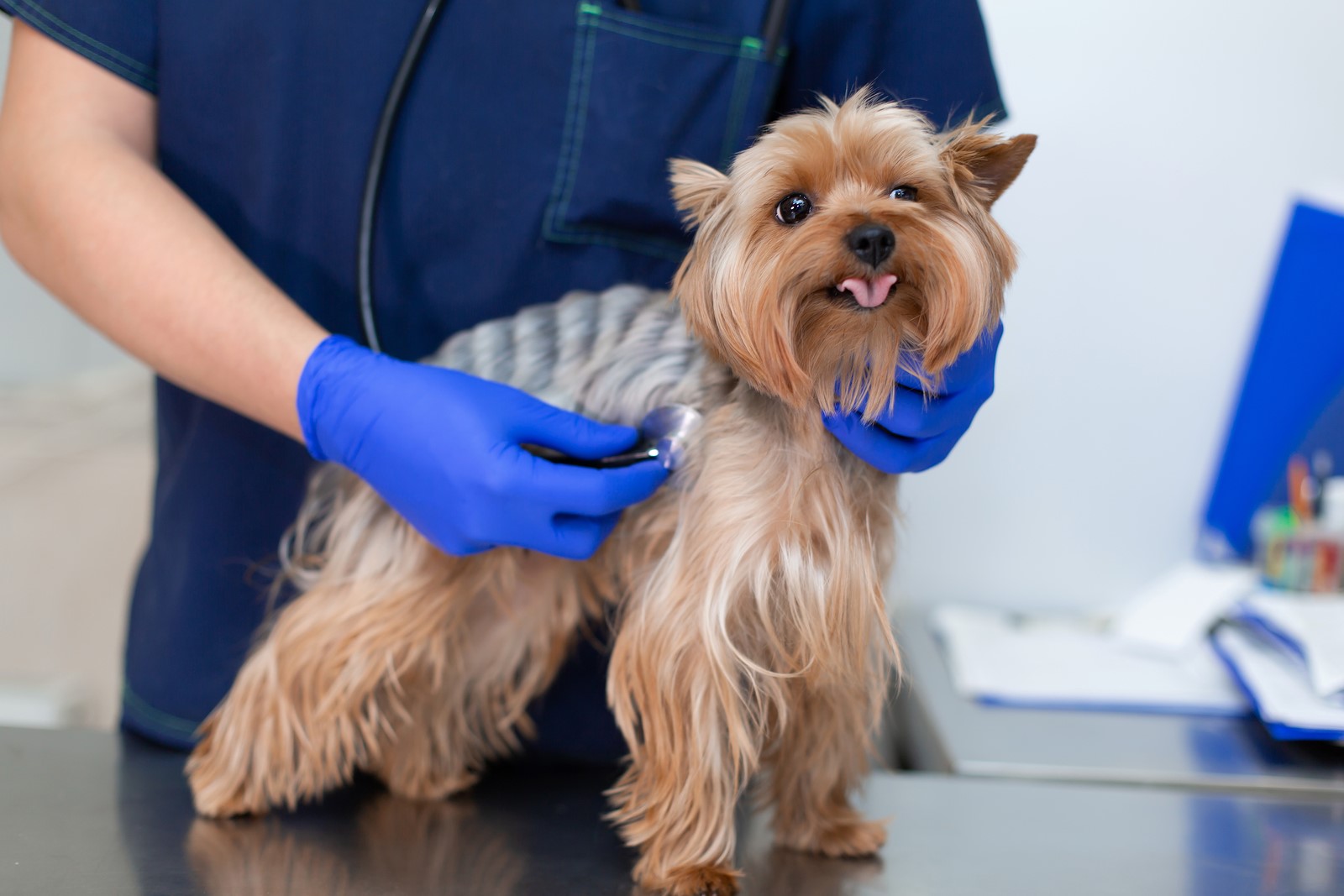
Senior dogs are more prone to medical conditions such as organ failure, heart disease, and other old-age illnesses. As some of these conditions are asymptomatic, you will have to bring your dog to a local vet in Singapore diligently for regular health checkups so that you can detect medical conditions early. Spotting illnesses in earlier stages will make medication and treatments more effective.
4. Full body grooming
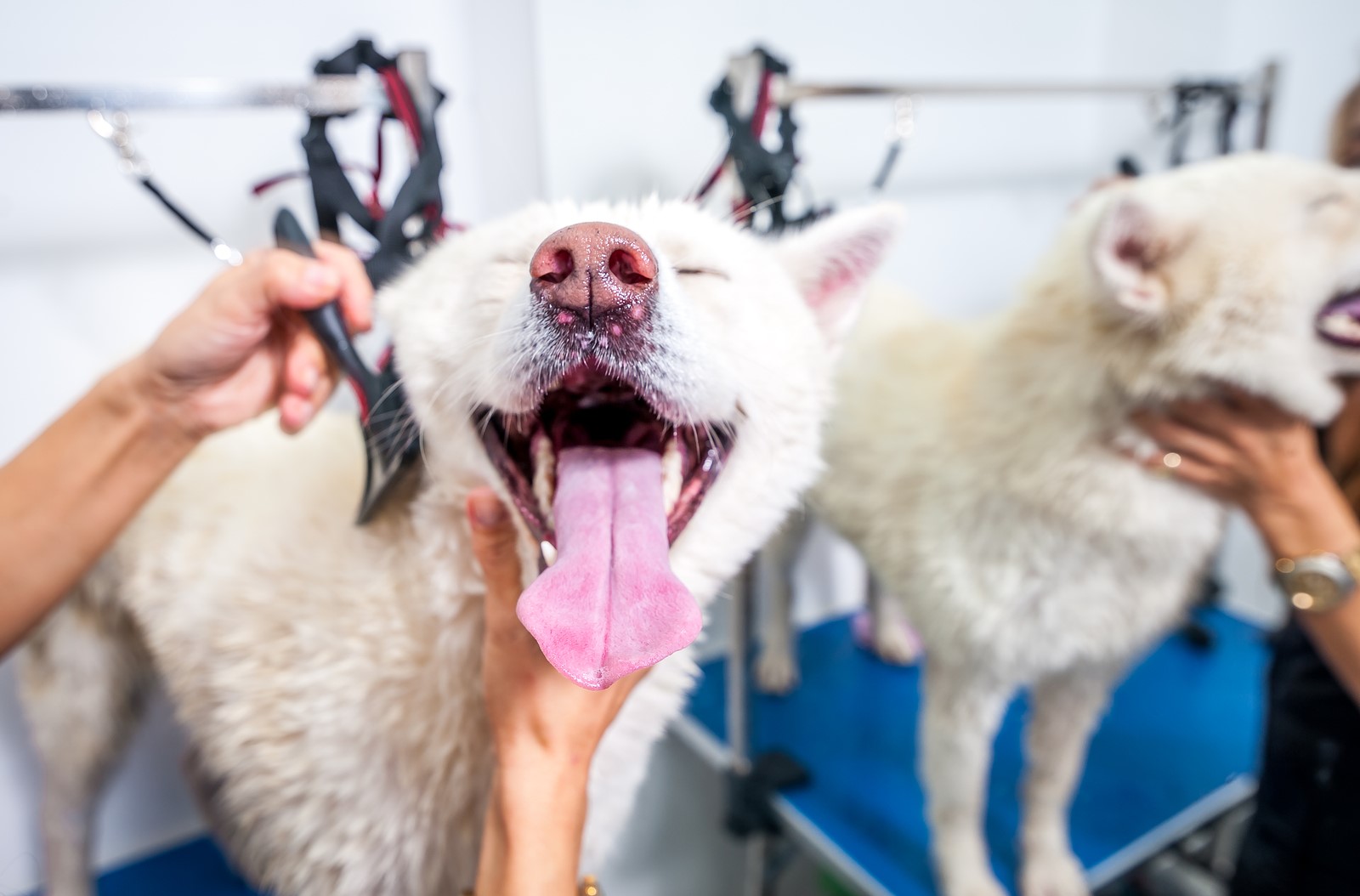
In order to keep your dog’s health in tip-top condition, you will have to pay attention to its grooming as well! Mobile pet grooming services are widely available for busy pet owners who don’t have time to go down to the salon, and besides making sure that your pooch’s hair and nails are regularly washed and trimmed, dental scaling visits are required too, if necessary. Elderly dogs are more prone to developing dental diseases, tooth decays, and chewing problems.
5. Redecorate your house
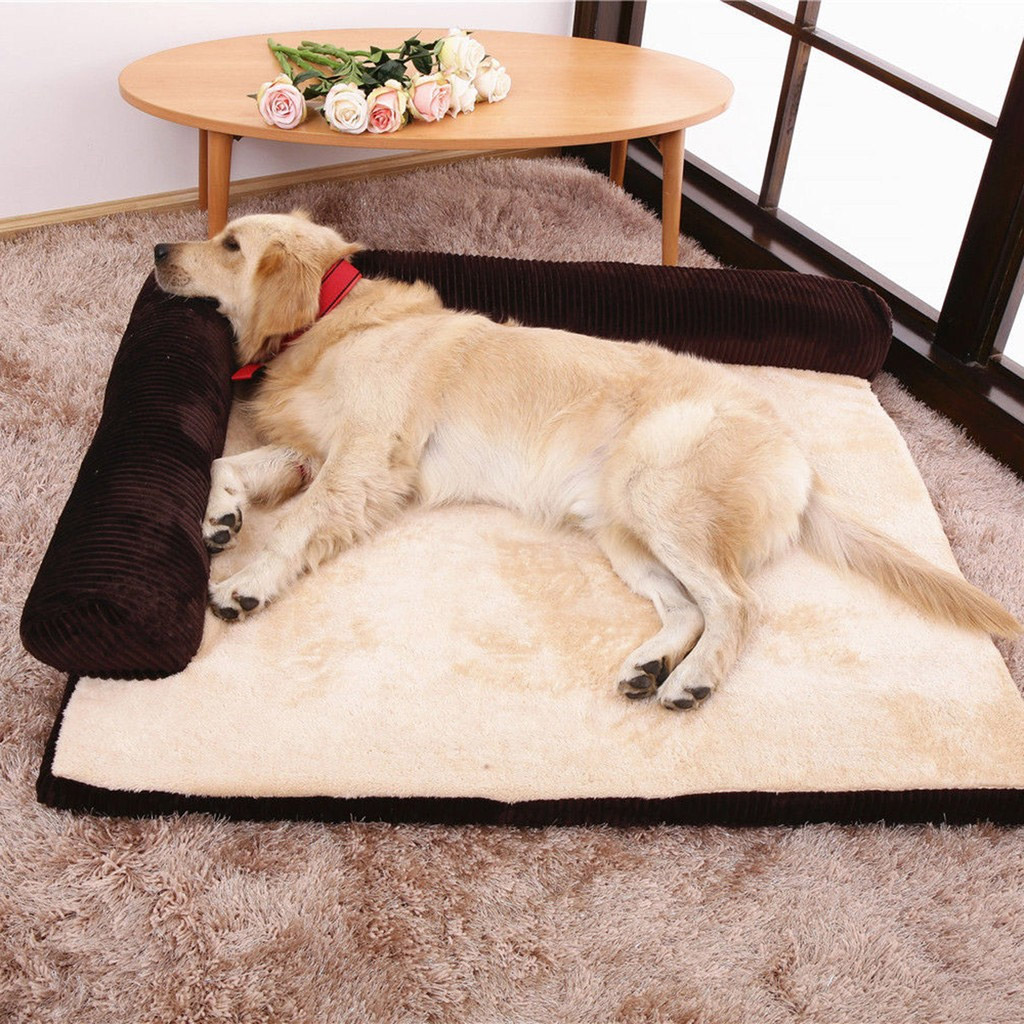
Source: wonderland.sg on Shopee
Depending on your dog’s health condition, different changes to your house will be required. For example, if you have a dog with arthritis or difficulty walking, you will have to add more dog-friendly ramps and stairs around the house, plus replace its bed with orthopaedic one to ease its discomfort when lying down.
You can also purchase anti-slip socks or an anti-collision ring if your pet has difficulty seeing clearly due to conditions such as cataracts! For more useful items that can improve your elderly pooch’s lifestyle, head here.
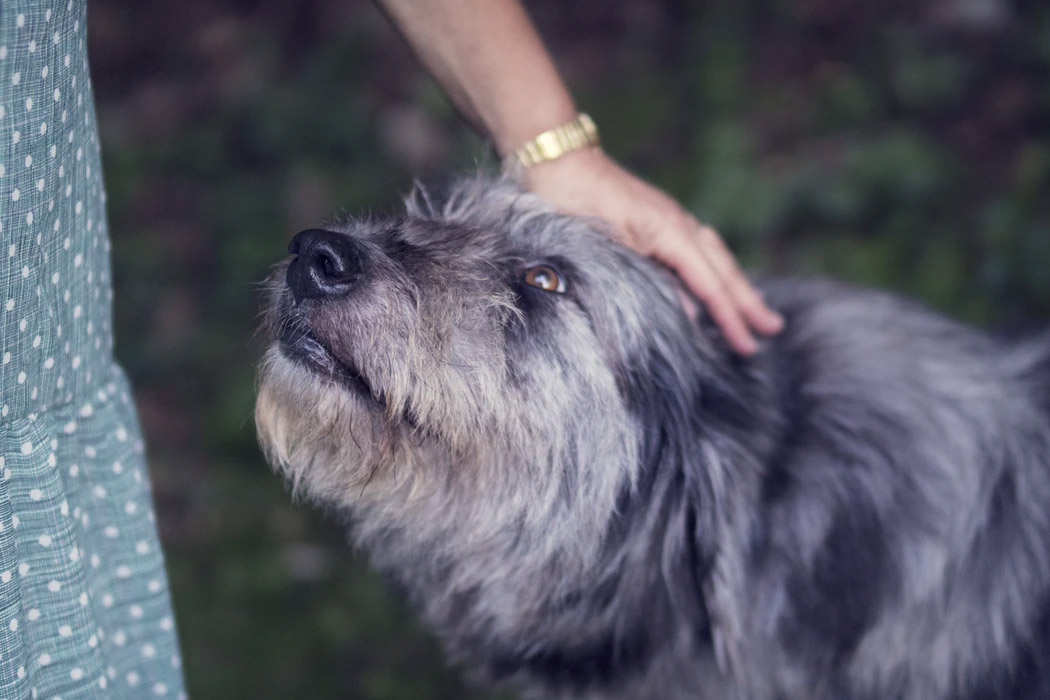
It’s hard to admit that our dogs are ageing, but if we take the right measures, they will grow old with us. For starters, take note of these tips and make some changes in their lifestyle accordingly to ensure they are getting the best possible care for a long and happy life!









